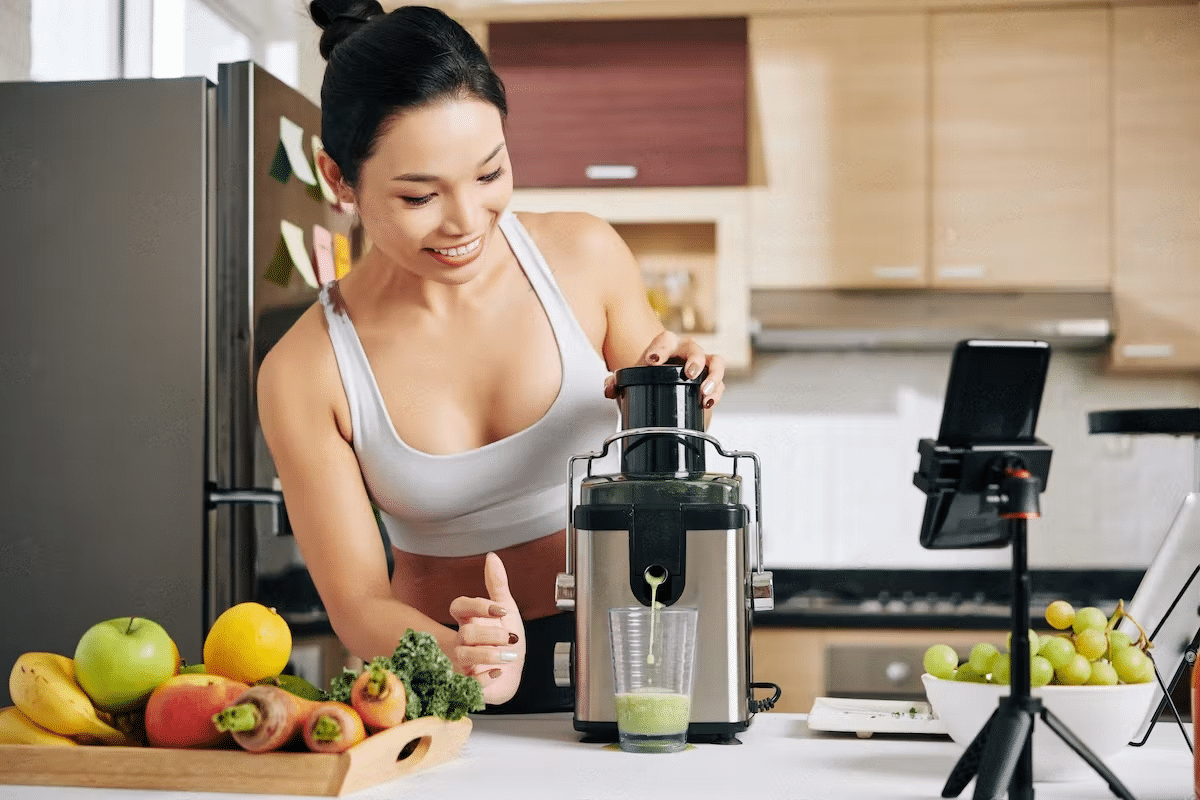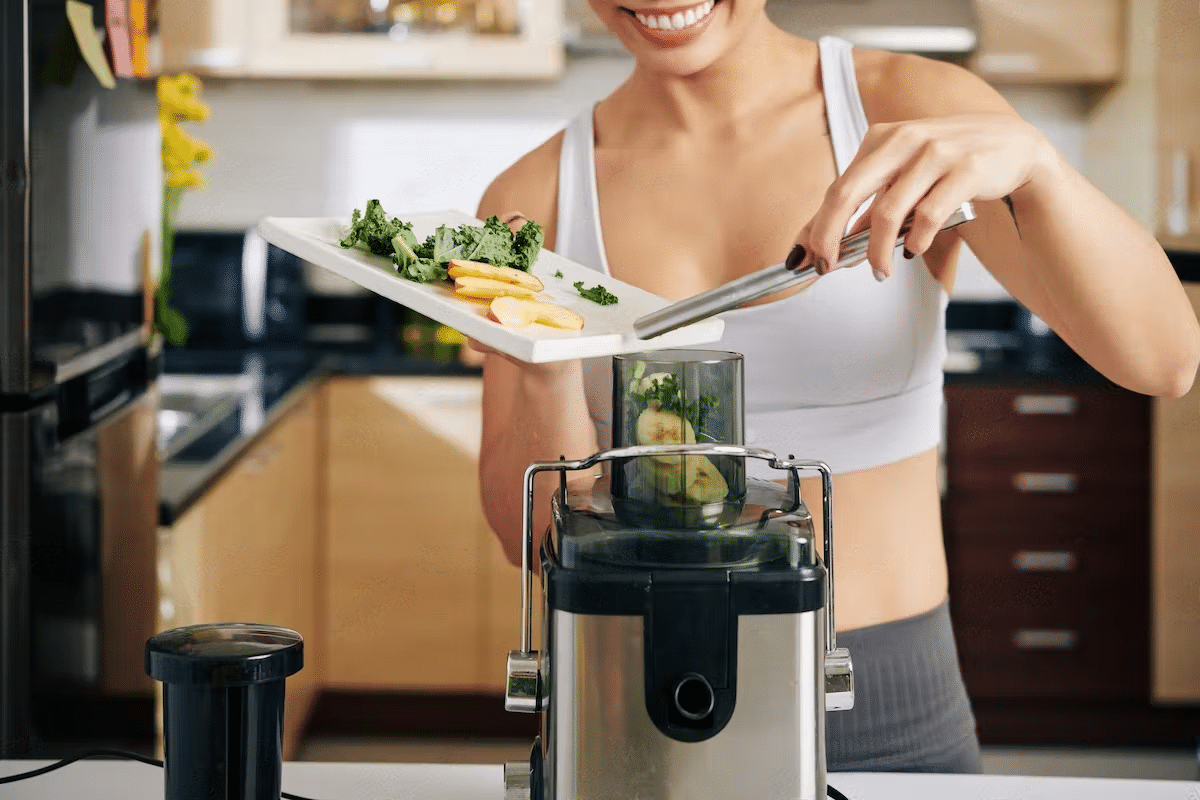
Pasteurization is the process of heating a food or beverage to a specific temperature for a set amount of time to kill off any harmful bacteria that may be present. This process is used to make different types of food and beverages, including fruit juice, safe for consumption. Pasteurizing fruit juice involves heating the juice to temperatures between 140-190°F (60-88°C) for 15-30 seconds.
This process kills any potentially harmful bacteria while preserving the flavour and nutritional value of the juice. Unpasteurized juices are not heated and therefore contain higher levels of bacteria which can cause foodborne illnesses if consumed.
It is important to note that pregnant women, young children, older people, and those with weakened immune systems should avoid drinking unpasteurized juices as they are more susceptible to foodborne illnesses.
A juice that has not been pasteurized has not been heated to the temperatures required for it to be pasteurized. Therefore, it is important to note that it contains higher levels of bacteria, which can cause foodborne illnesses if consumed.
People with a weakened immune system, pregnant women, young children, and those with preexisting illnesses are more likely to contract foodborne illnesses when they consume juices that have not been pasteurized. Although unpasteurized juices may have a fresher taste than their pasteurized counterparts, it is important to remember that they are not necessarily safer or healthier than their pasteurized counterparts.

It is easy to pasteurize fruit drinks in your home if you follow a few simple steps. These simple steps will guide you through the process:
1) In order to prepare the juice, it is necessary to heat it between 140°F and 190°F (60°C and 88°C) for 15-30 seconds. There are two ways to do this: using a stovetop or an immersion circulator.
2) It is necessary to hold the juice at the specified temperature for the specified time period after it has reached the desired temperature to kill any harmful bacteria present in the juice during that time.
3) To prepare the juice for consumption, it should be cooled quickly and then stored in a clean container until it is ready to be consumed. While it is important to note that pasteurized juices do not have as fresh of a taste as unpasteurized juices, they will be safer and healthier for consumption than unpasteurized juices because they are more sterile and safer.
It is important to store the pasteurized juice in a cool and dry place after it has been packaged in a clean container and kept after it has been pasteurized. Despite the fact that pasteurized juices are safe to consume, it is important to keep in mind that they can still spoil if not stored properly, so it is a good idea to check the expiration date before consuming.
Also, it’s recommended that you keep the juice from direct sunlight as it can change the taste of the juice if it’s exposed to sunlight for an extended period of time.
No, unpasteurized juice is not more nutritious than pasteurized juice. Pasteurization does not affect the nutritional value of the juice, and both types of juices contain similar amounts of vitamins and minerals. However, unpasteurized juices may have a fresher taste than pasteurized juices due to the lack of heat treatment.
Yes, there are other downsides to unpasteurized juice. Unpasteurized juices may have a fresher taste than pasteurized juices, but they are not necessarily safer or healthier. Unpasteurized juices contain higher levels of bacteria which can cause foodborne illnesses if consumed. Additionally, unpasteurized juices do not last as long as pasteurized ones and must be consumed within a few days of purchase to avoid spoilage.
In conclusion, pasteurizing fruit juice is a simple process that can be done at home and is necessary to make the juice safe for consumption. Unpasteurized juices are unsafe for pregnant women, young children, older people, and those with weakened immune systems, as they are more susceptible to foodborne illnesses. Additionally, while unpasteurized juices may have a fresher taste than pasteurized juices, they are not necessarily safer or healthier. Therefore, it is important to always check the expiration date before consuming any type of juice and store it in a cool, dry place away from direct sunlight.
Was this article helpful? Let us know in the comments.
It is generally not recommended to drink unpasteurized juice during pregnancy, as it can contain harmful bacteria that can cause foodborne illnesses. Therefore, it is best to opt for pasteurized juices instead.
The three stages of pasteurization are heating, cooling, and packaging. During the heating stage, the juice is heated to a high temperature for a specific amount of time in order to kill any harmful bacteria. After this, the juice should be cooled quickly and stored in a clean container until ready to drink. Finally, once the juice has been pasteurized, it should be packaged in a clean container and stored in a cool, dry place.
Yes, you can pasteurize fruits. Pasteurization is a process that involves heating the fruit to a high temperature for a specific amount of time in order to kill any harmful bacteria. After this, the fruit should be cooled quickly and stored in a clean container until ready to consume. Additionally, it is important to keep the fruit away from direct sunlight as this can cause the flavour of the fruit to change.
Pearl Lemon Juice is a part of the Pearl Lemon Group. We also own Bubble Tea, Matcha, and Coffee beverage café’s in Fulham and Marleybone!
© All Rights Reserved | Company Number: 10411490 | VAT Number: 252 7124 23 | Sitemap